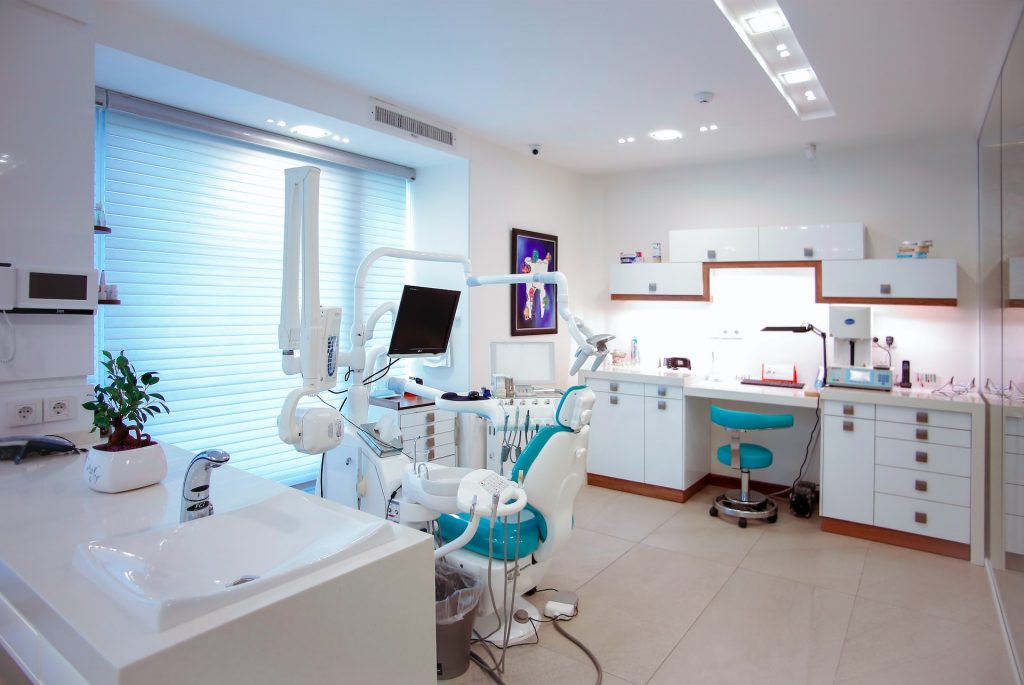How often do you need dental exams?
Before we begin to answer this question, you can ask yourself when was the last visit to your dentist. During each visit, a detailed and comprehensive dental exam is usually first recommended by your dentist. These initial exams come before your regular follow-up exams that help monitor your dental issues and the progression of previous treatments. These exams usually include the following:
- Review and analysis of X-Rays(Radiographs): These reviews are where the primary screening of your dental condition happens. Your dentist usually looks for cysts, decay, root infections, tumors, and bone loss. They also help the dentist review tooth and root positions.
- Evaluation of gum diseases: Dental exams help identify signs of periodontal diseases around tooth bones and gums.
- Dental cancer screens: Your dentist reviews the face, lips, tongue, tissues, gums, throat, and neck for visible signs of oral cancer.
- Tooth decay examinations: Special instruments and lighting enable the dentist to check for decay around all teeth and gums.
- Review of existing cosmetic and surgical corrections: Your dentist will check the status of filings, crown positions, overbites issues, bridges and implant conditions, etc.
DIGITAL X-RAYS Explained.
Digital X-Rays use a form of Digital Radiography to help detect issues with your teeth. An electronic sensor rather than an x-ray film captures and stores the digital image. The image can be reviewed at leisure by the dentist and helps them detect issues faster. There is evidently a significant reduction of 80-90% radiation in digital x-rays compared to conventional x-rays. Dental x-rays play a pivotal role in detecting hidden dental abnormalities and help the dentist design and implement an accurate treatment case. They are considered an essential diagnostic tool that highlights valuable information about the teeth that may not be visible during a regular visual dental exam.
- Dental x-rays may reveal the following conditions.
- Bone loss/infections.
- Cysts and Abscesses.
- Tooth decay.
- Gum decay.
- Developmental issues.
- Cancerous and benign tumors.
- Abnormalities in Teeth and root positions.
- Detect severe infections below the gum line and inside the tooth.
- Bone loss.
The early detection and treatment of your oral issues save your family tons of money and unnecessary pain while securing all your teeth’s future!
Testimonials
Want A Free Consultation?
Talk to an expert today!
6265 Sepulveda Blvd. Unit #14
Van Nuys, CA 91411



